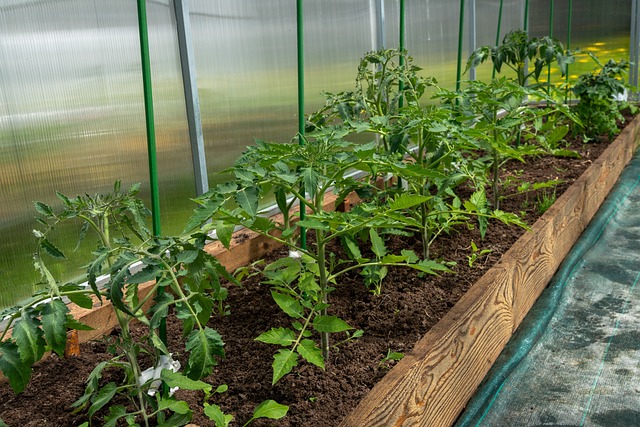IASSIST Professional Development Webinar
Indigenous Data: A few perspectives
Thursday, May 16, 2024
12-1:30pm EDT/5-6:30pm BST
Register here: https://bit.ly/3QqtEi3
This webinar includes two presentations reflecting on issues Indigenous communities are currently facing, the first one presented by Dr. Diana Lewis and the second one presented by Dr Stacy Allison-Cassin and Camille Callison. Indigenous communities experience detrimental health impacts living near industrial development. Dr. Lewis develops Indigenous-led approaches to environmental health risk assessment, governance and data management. Currently Dr. Lewis is working on examining the health impacts of living near oil and gas extraction (Chipewyan, Cree and Métis) and a landfill site (Haudenosaunee), working with Athabasca Chipewyan and Mikisew Cree First Nations, Fort Chipewyan Métis Nation, and Oneida Nation of the Thames to co-develop environmental health frameworks to show how community-led, locally relevant and culturally safe governance frameworks and cultural protocols ensure the highest ethical standards are followed and promote community health decisions that respect Indigenous values and traditions and the OCAP principles for data management. The Respectful Terminology Platform Project (RTPP), an Indigenous-led initiative under the NIKLA-ANCLA umbrella, is led by RTPP Co-Principal Investigators Camille Callison (Tāłtān Nation, University of the Fraser Valley) and Dr. Stacy Allison-Cassin (Métis Nation of Ontario, Dalhousie University). The project is dedicated to advancing the development of a dynamic, multilingual platform for Indigenous terminology that can be used in libraries, archives, museums, and data systems worldwide.
Speakers:
Diana Lewis is an Assistant Professor and Canada Research Chair (Tier II) in Indigenous Environmental Health Governance in the Department of Geography, Environment, and Geomatics at the University of Guelph. She is Mi’kmaw, and a member of the Sipekne’katik First Nation in Mi’kma’ki (the Atlantic Provinces of Canada). Dr. Lewis will work with researchers and students to develop and disseminate leading edge and adaptive Indigenous models of health risk assessment that reflect the needs, interests, and worldviews of Indigenous peoples. In a relational worldview, human health is intricately tied to the health of the land, water, animals, and plants of a shared environment. Her approach provides a transformative opportunity to advance research within Indigenous epistemologies. Diana is committed to the recruitment, development, and promotion of both Indigenous and non-Indigenous trainees in an environment that fosters collaborative engagement with communities, that respects Indigenous autonomy over decisions that affect their lives, and the right for communities to have control over the data that belongs to them.
Stacy Allison-Cassin is an Assistant Professor in the Department of Information Science at Dalhousie University in Halifax, Canada, Stacy engages in research related to linked data, and metadata and issues related to equity and justice. Stacy is the co-lead of the Respectful Terminology Platform Project and is currently the chair for the Teaching and Learning community and a member of council of the National Indigenous Knowledge and Language Association, and Indigenous-led association centered in Canada and sits several advisory bodies. A Citizen of the Métis Nation of Ontario, Stacy has with kinship connections to the Georgian Bay Métis community.
Camille Callison, Tāłtān Nation member, is the University Librarian at the University of the Fraser Valley (UFV) and a passionate cultural activist pursuing a PhD in Anthropology at the University of Manitoba. She is committed to creating meaningful change related to equity, diversity, and inclusivity in the library, archival, and cultural memory professions. She is the founding Chair of the National Indigenous Knowledge and Language Alliance (NIKLA-ANCLA) and co-Lead of the Respectful Terminology Platform Project (RTPP). Camille is a member of the International Federation of Library Associations (IFLA) Indigenous Matters Section, North American Regional Division, & the Advisory Committee on Cultural Heritage, and IEEE P2890™ Recommended Practice for Provenance of Indigenous Peoples’ Data. She serves on the Board of Directors for the Canadian Research Knowledge Network (CRKN) Board of Directors, the BC ELN Steering Committee, the Arca Advisory Committee, the Council of Pacific & Prairie University Libraries (COPPUL), and the Council of Post-Secondary Library Directors of BC (CPSLD) as Secretary/President-Elect.








